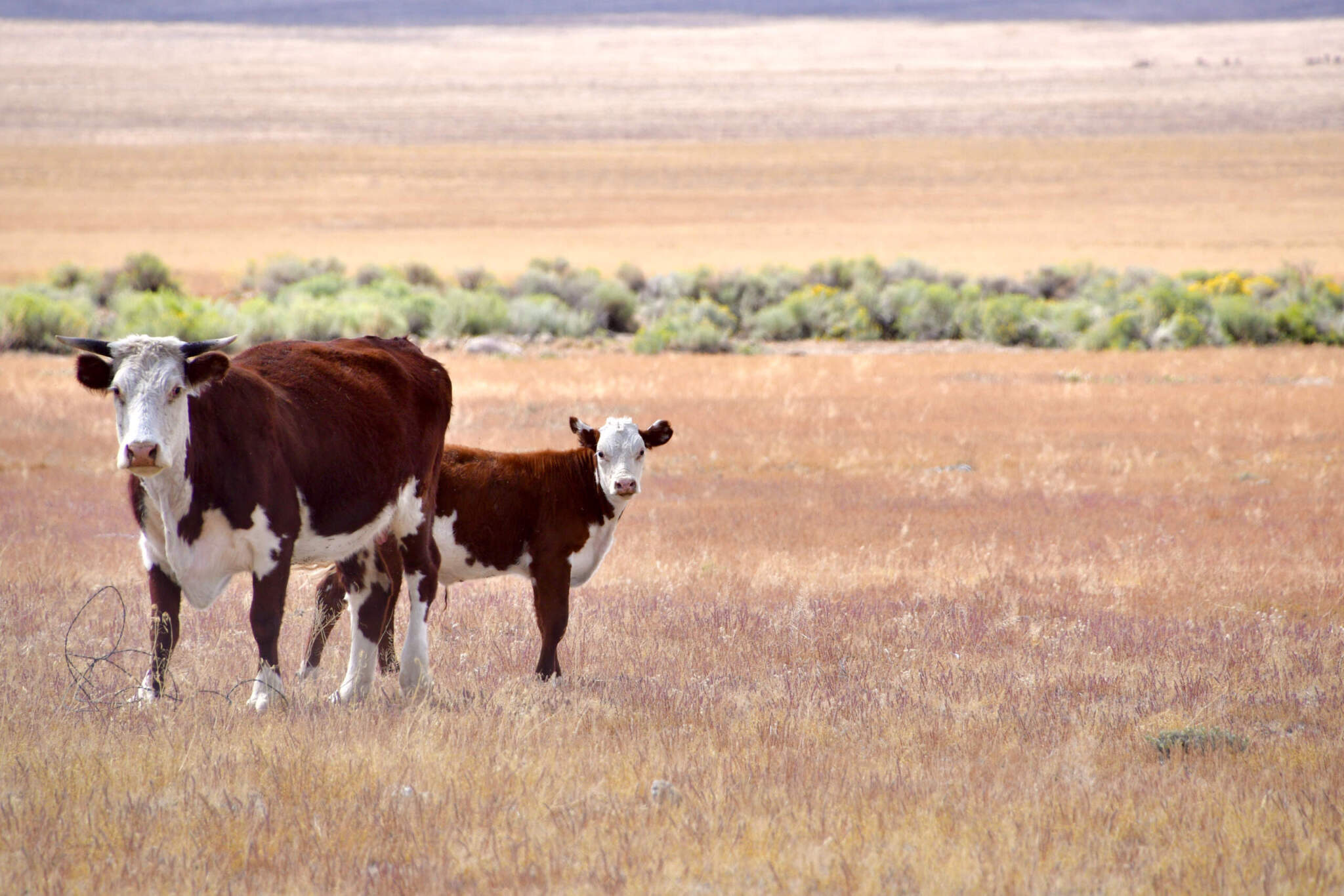For Immediate Release: December 26, 2023
Contact: R-CALF USA CEO Bill Bullard
Phone: 406-252-2516; r-calfusa@r-calfusa.com
Please find below R-CALF USA’s weekly opinion/commentary that discusses the importance of the U.S. Department of Justice and Federal Trade Commission’s new merger guidelines to the livestock and food industries. It is in three formats: written, audio and video. Anyone is welcome to use it for broadcasting or reporting.
It’s a Big Deal
Commentary by Bill Bullard, CEO, R-CALF USA
On December 18, 2023, the U.S. Department of Justice and the Federal Trade Commission jointly issued brand new merger guidelines. The question many are asking is: “So what?”
Well, let’s start here: It was Winston Churchill who said, “Democracy is the worst form of government, except for all the others.” The United States embraces this least-worst form of government. Ours is a representative democracy in which we elect representatives to carry out what we want. And ours incorporates a definite structure, in the form of our Constitution that, among other things, establishes the balance of power among and between all those who represent us. That’s why our form of government can be described as a federal constitutional representative democracy.
So, here’s an important question: Do our elected President, Senators, and Representatives pursue policies dictated by those who elected them, in other words, does our collective opinion dictate our representative’s policy goals?
And here’s the answer to that question: Sometimes they do and sometimes they don’t.
Let me give an example of when they did advance our collective public opinion. Over a century ago our representatives pursued policies to preserve the economic freedom of our free-enterprise system by safeguarding our nation’s free market structure. They did this by promoting fair competition, including by preventing mergers and acquisitions among businesses that would reduce competition. They accomplished this policy directive by enacting our nation’s antitrust laws: principally the Sherman Act and the Clayton Act for the entire economy and the Packers and Stockyards Act for our nation’s livestock sectors.
Many people view these as our anti-monopoly laws designed to ensure that no single or small group of businesses could overcharge customers or underpay suppliers. But they are broader than that: they were intended to both promote competition and prevent the erosion of competition.
In their most basic sense, these antitrust laws preserved economic freedom by preserving competition. And, clearly, this was consistent with public opinion.
But here’s an example of when our representatives failed to follow our nation’s collective public opinion:
Decades ago, a small group of influential economists – we’ll call them Twirps – infiltrated all three branches of government and convinced all our representatives that one big business was better than many small businesses because the one big would be more efficient than the many small.
The Twirps successfully reinterpreted our nation’s antitrust laws and distorted them to mean that that rather than establishing competition as the Guiding Light, our government should instead apply a new efficiency standard to antitrust enforcement. In other words, our representatives began pursuing policies that ignored the goal of preserving economic freedom anytime a business could show that a reduction of competition would nevertheless lead to efficiencies.
If you carry this to the extreme, the Twirp’s position was that because a monopoly without competition becomes more efficient than many competing businesses by achieving an optimum largeness of scale and by consuming less resources, the monopoly should be preserved and the heck with preserving economic freedom.
Essentially, that’s the national policy our representatives have been pursuing for decades. And the two primary agencies charged with enforcing our antitrust laws, the U.S. Department of Justice (DOJ) and the Federal Trade Commission (FTC) wrote what are called merger guidelines that thwarted enforcement of those laws when merging businesses promised greater efficiencies.
And that’s why, today, we have just a handful of companies that own and control our grocery stores, our food stuffs like grain, and our livestock slaughtering plants.
You’d be hard-pressed to argue today that public opinion supported favoring economic efficiency over competition, particularly after many consumers went to their grocery stores soon after the pandemic and found their grocery shelves empty.
You see, efficiency does not beget food security, but competition does.
And that is why the new merger guidelines recently issued jointly by the U.S. Department of Justice and the Federal Trade Commission are such a big deal. They restore competition as the antitrust enforcer’s Guiding Light. They reestablish the preservation of economic freedom and our free-enterprise system as the ultimate objectives of our century-old antitrust laws.
Sometimes our least-worst form of government fails us and leads us down the wrong path. But sometimes it is the people who are being represented that rise up above their representatives to demand change. That’s what has happened here.
But just how did that happen? Well, in two ways: First, they joined and supported organizations that fight for the change on their behalf – organizations like R-CALF USA. Second, they represented themselves by calling on their elected representatives directly to demand change.
Yes, it’s always slow and sometimes ugly, but that’s how our least-worst form of government was designed to work.
So, let’s keep fighting to restore competition in our United States economy.
###
R-CALF USA’s weekly opinion/commentary educates and informs both consumers and producers about timely issues important to the U.S. cattle and sheep industries and rural America.
Ranchers Cattlemen Action Legal Fund United Stockgrowers of America (R-CALF USA) is the largest producer-only trade association in the United States. It is a national, nonprofit organization dedicated to ensuring the continued profitability and viability of the U.S. cattle and sheep industries. For more information visit www.r-calfusa.com or call (406) 252-2516.






